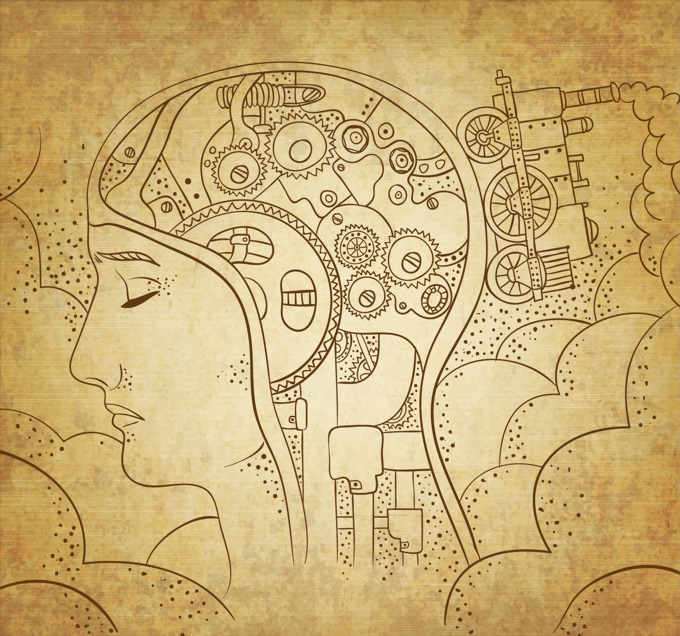The philosophy of psychology seeks to make sense of the mind and the human experience. With the vast amount of information that researchers have discovered about the brain, it’s understandable why this field has been steadily evolving over time to incorporate new information and insights into its framework. Let’s take a look at some pivotal periods in philosophy of psychology that have shaped its current state, as well as what to expect in the future.
Philosophy of Psychology
- Ancient Greece: The Origins of Psychology
- Medieval Europe: The Dark Ages of Psychology
- The Renaissance: The Rebirth of Psychology
- The Enlightenment: The Age of Reason in Psychology
- The Nineteenth Century: The Age of Science in Psychology
- The Twentieth Century: The Age of Psychology
Ancient Greece: The Origins of Psychology
In Ancient Greece, there was a branch of philosophy that focused on human nature and behavior called Rhetoric. Aristotle is believed to have been one of its originators. As it developed, it focused more and more on persuasion and manipulation. It became associated with sophistry and rhetoric—the artful use of words to convince others. Aristotle might not have intended this, but his ideas laid the groundwork for what we know as psychology today.
Medieval Europe: The Dark Ages of Psychology
Psychology was not a field of study during the medieval times. It was not until after the Renaissance that people started to take an interest in what makes them, and others, tick. During this time, psychology was considered a branch of philosophy with most philosophers believing that human nature was inherently good and that any deviations from this were caused by external factors like society or upbringing.
The Renaissance: The Rebirth of Psychology
It was during this time that psychology became more intertwined with philosophy. This is because philosophers were starting to become aware of the ways in which their thinking could affect people and vice versa. In order to do this, they had to study both philosophy and psychology so they could get a better understanding. This was also a time when scientific research began to be conducted on topics like cognition, perception, consciousness, and motivation.
The Enlightenment: The Age of Reason in Psychology
It was not until the late 18th century that an entirely new way of thinking about psychology emerged from France. The new theory, which came to be called ‘psychologism’, was based on the ideas that people’s experiences were shaped by unconscious desires and thoughts, and these mental processes could be explored through introspection. One significant theorist of this time was philosopher Jean-Jacques Rousseau, who argued for a more sympathetic education system to help children develop morally.
The Nineteenth Century: The Age of Science in Psychology
In the nineteenth century, psychology was in its infancy and not taken seriously. Wilhelm Wundt set up a lab at Leipzig where he believed that science should be applied to understanding human behavior. This contradicted theories by psychologists like William James who believed that humans are inherently unpredictable and that only a small amount can be understood through scientific methods. Wundt’s lab became a meeting place for scientists and philosophers interested in studying brain function and mental processes such as memory and attention span.
In his lab, he and his students studied how people reacted to stimuli like colors and sounds. In this way, Wundt helped create what is now known as the experimental method in psychology– that is, a method for studying human behavior by controlling for outside variables. This was revolutionary because up until then psychologists were guessing about human behavior based on observations rather than controlled experiments.
The Twentieth Century: The Age of Psychology
A new century meant a new age for psychology. The dawn of the 20th Century marked a time when many countries began to see psychology as an important field of study and research, with significant advancements in both understanding and application of psychological principles. A major development in this period was In addition to setting up a lab, Wundt made another significant contribution to psychology– he divided it into two separate disciplines: physiology and psychology. Physiology, or how biological factors affect behavior, and psychology, or how behavioral factors affect human beings, were two topics that had previously not been investigated separately. His methods became popular among other psychologists all over Europe.



